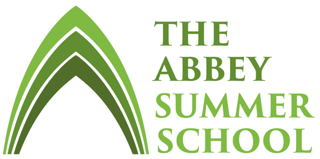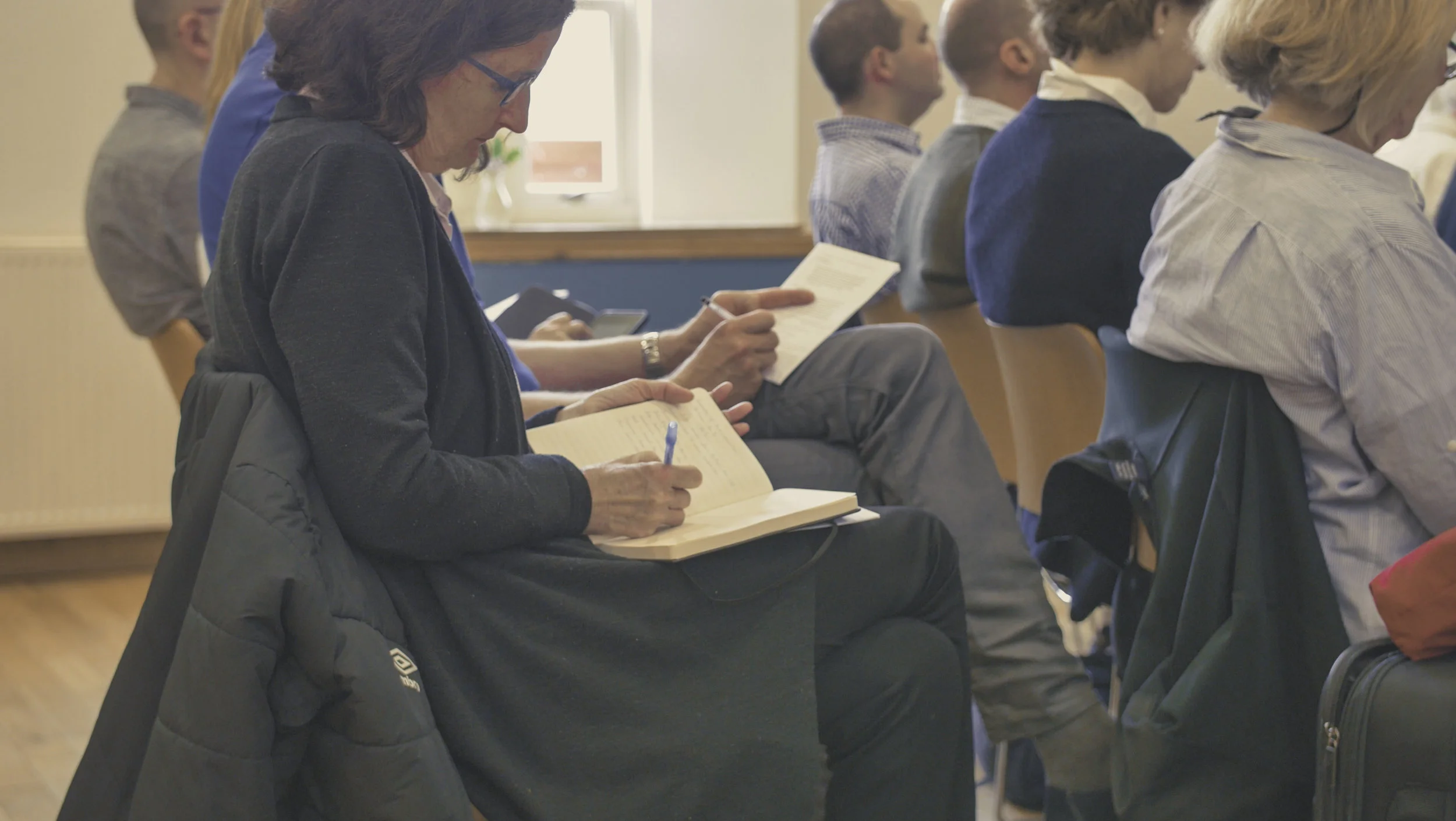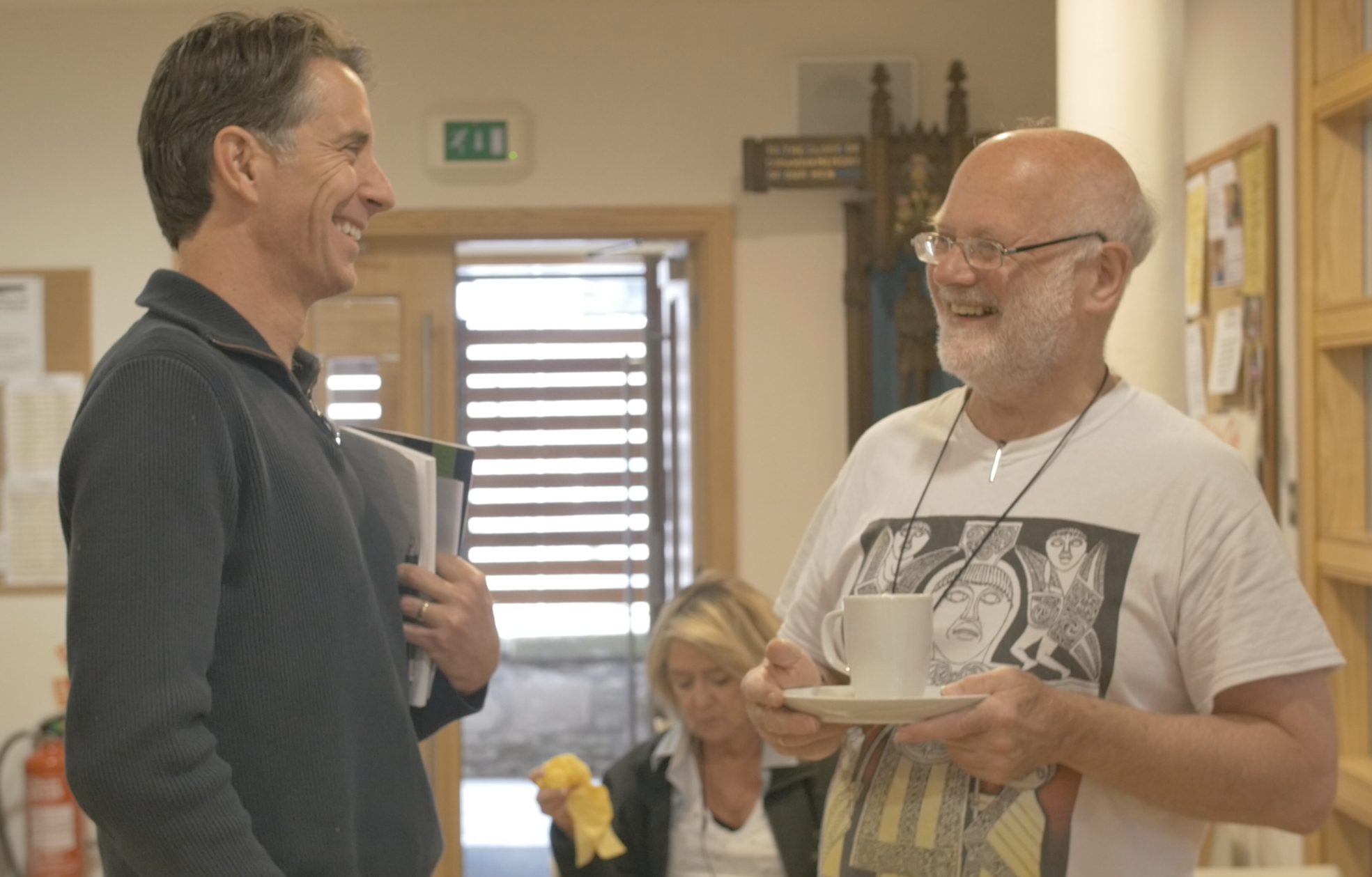In 2021, drawing on the Christian literary heritage from the Old Testament to the Inklings, we together explored how storytelling shapes us and may bring us towards a better faith, hope, and love.
Professor Judith Wolfe, of The University of St Andrews, spoke on Inklings of Heaven: Hope and Storytelling in Lewis and Tolkien. Joy Clarkson, a doctoral student at the Institute for Theology, Imagination and the Arts at The University of St Andrews, delivered a talk entitled, Practice Resurrection: Literature, Formation, and Christian Hope. Professor Iain Provan, of Regent College, Vancouver, gave our final keynote address, I Saw a New Heaven and a New Earth (Rev. 21:1): A Biblical Perspective on Faith and Hope.
In addition to these outstanding keynote addresses, various other speakers gave wonderful short talks exploring the theme: Faith, Hope, and Art (Alastair Gordon), Faith, Hope, and Spiritual Reading (Sharon Jebb Smith), Faith, Hope, and Fiction (Kirstin Jeffrey Johnson), Faith, Hope, and Politics (Krish Kandiah), Faith, Hope, and the Environment (Richard Murray), and Faith, Hope, and Music (Jeremy Begbie).
In breakout rooms, workshops, and Q&A sessions, we met together online, a gathered temporary community, to discuss and share all we learned. A memorable “Open Mic” afternoon, entitled, “Watching, Waiting, Listening,” saw the poets and writers among us share their work.
You can learn more about our speakers at their websites, linked here:
Judith Wolfe Joy Clarkson Iain Provan
Alastair Gordon Kirstin Jeffrey Johnson Sharon Jebb Smith Jeremy Begbie Krish Kandiah Richard Murray






